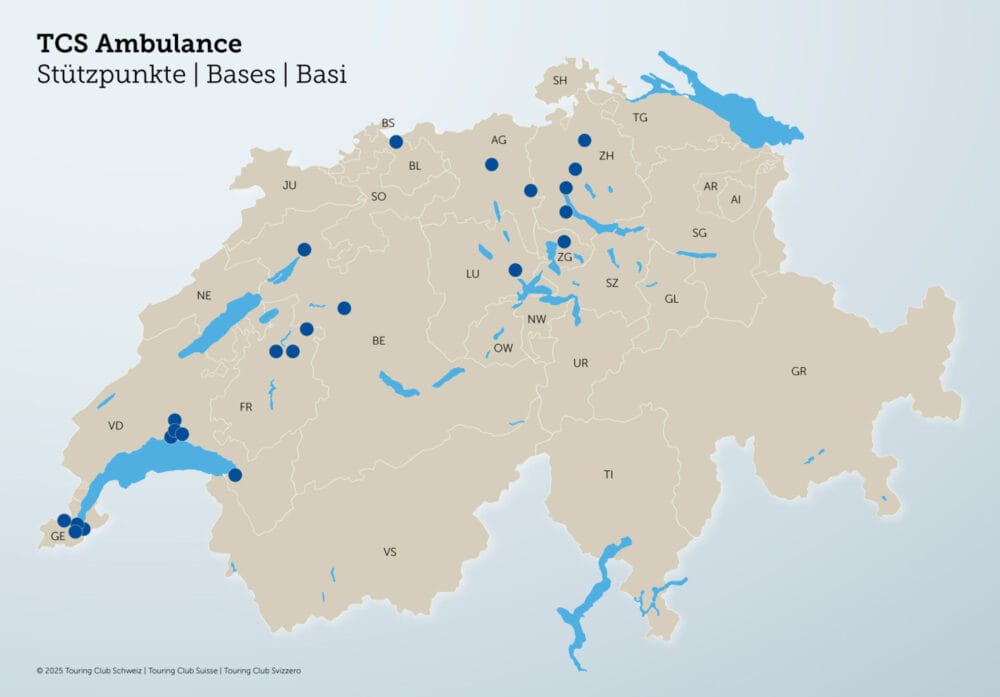Who pays for the PSA?
Not everyone is aware of an important principle for health and safety in the workplace: Employers must pay for the necessary personal protective equipment (PPE) for their employees.

This gives pause for thought: Many Learner mistakenly believe that they have Personal protective equipment (PSA) have to pay themselves. Erwin von Moos, Campaign Manager "Safe apprenticeship"Suva recently found this out in surveys at various vocational schools. Many trainees stated that they had not been able to Teaching company have to pay for the PPE themselves, or at least pay for the necessary replacement themselves. "Out of 600, about 100 have said that," von Moos says. "I find that alarming." But the finding is not entirely surprising. "Who pays for the PPE?" is a perennial question among those that Suva's safety experts are asked time and again. So what actually applies here?
The employer pays for the PPE
"The Legal basis are actually quite clear," emphasizes Pius Arnold, a lawyer in Suva's occupational safety department. "The employer has to provide the necessary equipment, and also bear the costs," Arnold says. As a basis, he cites the articles 5 and 90 the Ordinance on the Prevention of Accidents (VUV). This naturally also applies to apprentices or temporary employees and includes the replacement of PPE due to wear and tear.
Details give to discuss
So why is this so poorly known? And why does dealing with Safety shoes, Protective goggles and Protective clothing to talk about again and again? On the one hand, Arnold and von Moos suspect that the wording "make available" leads some employers to believe that they have to procure the PPE but not pay for it. On the other hand, however, details regarding the handling of PPE can also be regulated under private law between employer and employee. For example, with regard to excessive wear and tear, additional private use or wilful damage. And that's where the devil can be in the details.
What to do if the employer does not pay for the PPE?
Even for seasoned employees, it can be difficult to raise such an issue with superiors. Even more so, of course, for apprentices. You can do this as an employee:
- Seek discussion with your supervisor or vocational trainer at the company.
- For example, show him this website and and the Legal basis for PPE.
The fact is that companies that do not pay for the costs of PPE are in violation of applicable law. Incidentally, also against the Code of Obligations (see Art. 328 and 362).
Tet: SUVA









